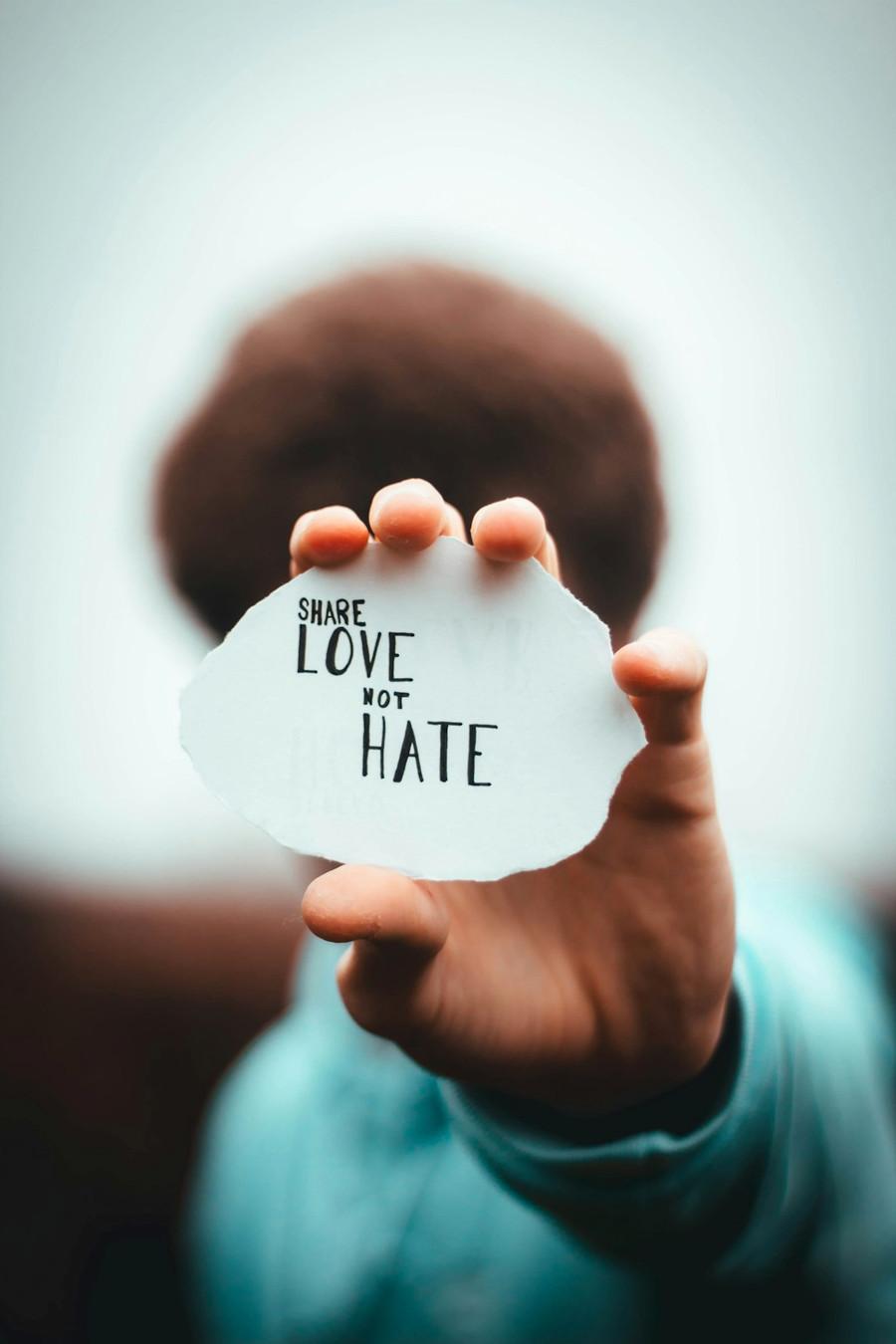The Pleasure of Hate
Imagine John, an honest employee whose colleague is a bigot and a harasser of women. From their first interaction, John didn’t like the way his coworker made inappropriate jokes.
He recently called John ‘too soft’ after John declined his proposal to steal from their company to make some ‘extra money’.
While he might never openly admit to hating anyone, John privately thinks to himself: This guy represents the worst in our society; I hope something bad happens to him and he goes away; I hate him.
27
251 reads
The idea is part of this collection:
Learn more about artsandculture with this collection
How to write clearly and concisely
How to use proper grammar and punctuation
How to structure a business document
Related collections
Similar ideas to The Pleasure of Hate
The illusion of free will & the futility of hate
Sam Harris thinks free will is an illusion. He combined scientific materialism or Buddhism non-dualism to reach this conclusion.
The practical element is just that hate stops making sense: "If we cannot assign blame to the workings of the universe, how can evil people be held responsib...
Read & Learn
20x Faster
without
deepstash
with
deepstash
with
deepstash
Personalized microlearning
—
100+ Learning Journeys
—
Access to 200,000+ ideas
—
Access to the mobile app
—
Unlimited idea saving
—
—
Unlimited history
—
—
Unlimited listening to ideas
—
—
Downloading & offline access
—
—
Supercharge your mind with one idea per day
Enter your email and spend 1 minute every day to learn something new.
I agree to receive email updates

